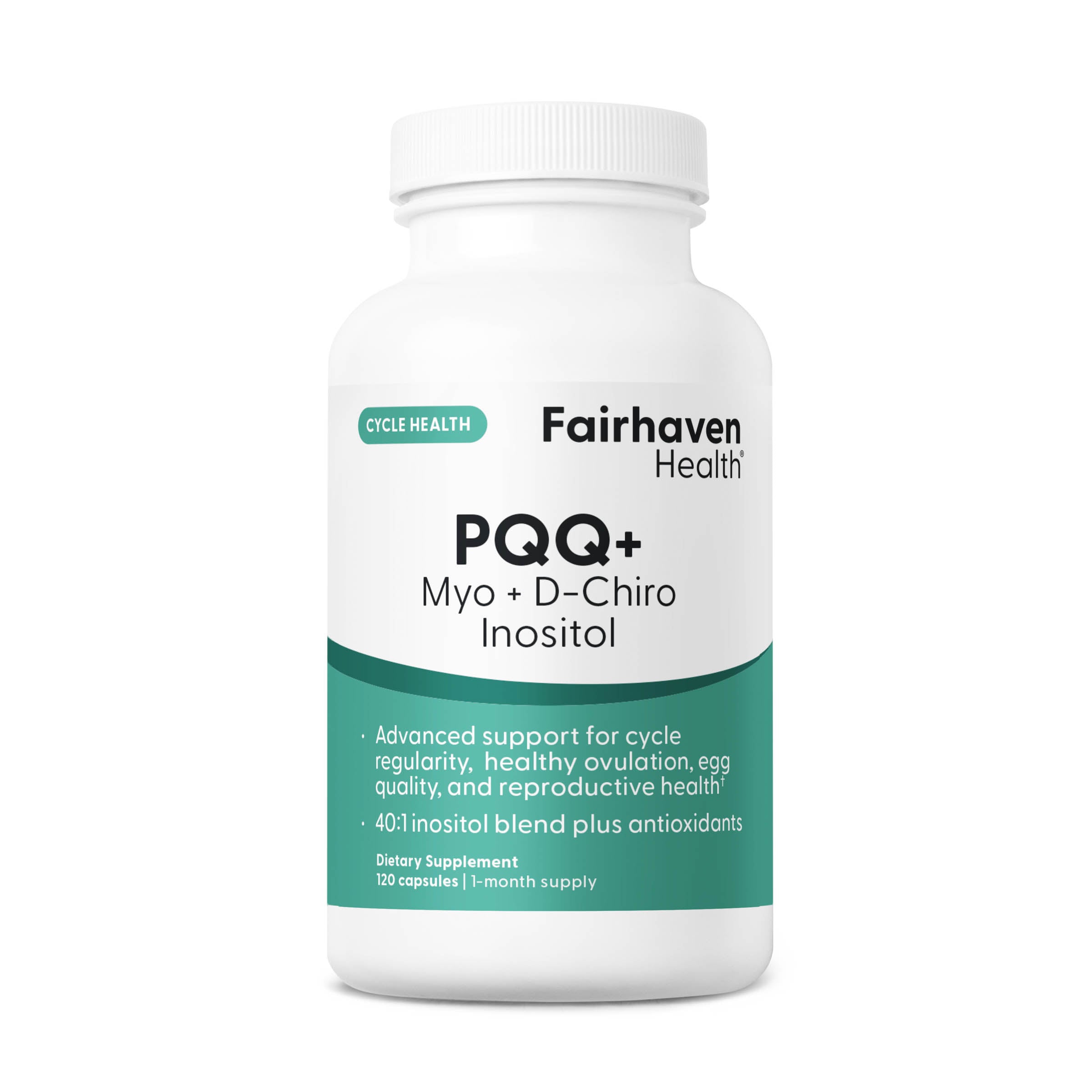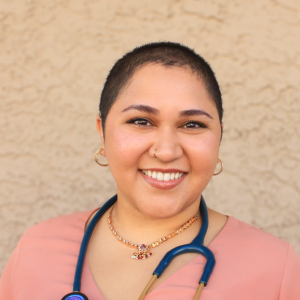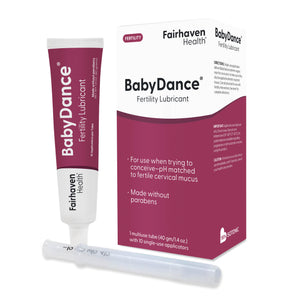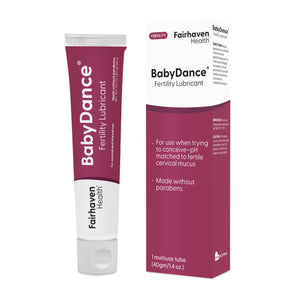By Avni Dalal, ND
If you’re pregnant—or planning to be—chances are you’ve already heard about the importance of taking a prenatal vitamin. But have you ever stopped to wonder what’s actually in it and why it’s so important?
The body works extra hard during pregnancy, and meeting adequate nutritional needs is one of the best ways to support both mother’s health and the baby’s development. Prenatal vitamins help fill in the nutritional gaps, offering a concentrated source of the key nutrients the body needs more of during this time.
Let’s take a closer look at the top nutrients in a high-quality prenatal and what they actually do for both mom and baby.
1. Choline: Supporting Brain Development
Choline might not get as much attention as folate or iron, but it’s just as important—especially for brain development.1 This nutrient contributes to the formation of the neurotransmitter acetylcholine and helps build and maintain healthy cell membranes, supports nerve signaling, and plays a major role in fetal brain and spinal cord formation.1,2 Getting enough choline during pregnancy may even support memory and cognitive development later in life.3
For maternal health, choline is crucial for maintaining normal liver function. Insufficient choline intake can increase fat accumulation in the liver due to increased shunting of choline to the developing baby.4 Adequate supplementation with choline has been shown to reverse this.4
Fun fact: Most people don’t get enough choline from diet alone, so having it as part of a prenatal formulation is a big plus.
2. Folate (Vitamin B9): Preventing Neural Tube Defects
Folate is a must-have in the early stages of pregnancy, particularly for the development of the neural tube, which becomes the baby's brain and spinal cord. Adequate folate intake reduces the risk of neural tube defects such as spina bifida.5-8 Because the neural tube develops so early—often before you know you’re pregnant—getting enough folate before conception is just as necessary as during the first trimester. Folate is also involved in DNA synthesis, repair, and methylation, which are all important for fetal growth and development.5-8
For maternal health, adequate folate intake helps with expanding maternal blood volume and the growth of maternal tissues involved in pregnancy.9 Folate also plays a role in lowering homocysteine levels, which, if elevated, can increase the risk of pregnancy complications such as preeclampsia and placental abruption.9
Look for the methylated form (like L-5-methyltetrahydrofolate or “methylfolate”) in a prenatal supplement. Methylfolate is the active, bioavailable form of folate that the body can use directly, whereas nonmethylated forms like folic acid must first be converted through a multistep process. Some individuals have genetic variations (such as MTHFR mutations) that make this conversion less efficient, so supplementing with methylfolate helps ensure the body has enough usable folate to support healthy fetal development.*
3. Methylated Cobalamin (Vitamin B12): Enhancing Nutrient Absorption
Along with methylfolate, the active form of vitamin B12, methylcobalamin, is necessary for preventing neural tube defects.10 Additionally, vitamin B12 is necessary to support energy production and red blood cell formation, as well as for brain health.11
4. Docosahexaenoic Acid (DHA): for Brain and Eye Development
DHA is an omega-3 fatty acid essential for the development of the baby’s brain and eyes. It accumulates rapidly in the fetal brain during the third trimester and continues to support cognitive and visual development after birth.12,13 Adequate maternal DHA intake is associated with lowered risk of pregnancy complications such as preeclampsia and gestational diabetes.14
5. Iron: Supporting Oxygen Transport
Iron is vital for the production of hemoglobin, the protein in red blood cells that carries oxygen. During pregnancy, a woman's blood volume increases to supply oxygen to the growing fetus, increasing iron requirements. Adequate iron intake helps prevent anemia, reduces the risk of preterm delivery, and supports the baby's growth and brain development.15,16
A good prenatal should offer a gentle, absorbable form of iron to help with energy and oxygenation.
6. Selenium: Small But Mighty Antioxidant Support
Selenium is an essential trace mineral that plays a role in antioxidant defense systems to help protect the cells from oxidative damage.17 Selenium is also necessary for the development of the fetal immune and thyroid systems for growing baby while also reducing the risk of pregnancy-related complications.18,19
7. Myo-Inositol: Healthy Gestation
Myo-inositol (commonly called vitamin B8) supports numerous aspects of reproductive health. A popular supplement for preconception, myo-inositol has shown to support hormone balance, regular menstrual cycles, and egg quality. But this compound can also play a role in prenatal nutrition: Myo-inositol supports balanced glucose metabolism, which is helpful for healthy gestational term, development, and birth weights.20,21
Summary
Pregnancy can be an exciting (and sometimes overwhelming) time—but understanding what’s in your prenatal vitamin doesn’t have to be. Choosing a well-rounded supplement can give you peace of mind that you're covering your bases. By including key nutrients like choline, methylated B vitamins, DHA, iron, and selenium, it addresses the increased nutritional demands of both mom and baby during pregnancy. As always, it's important to consult with a healthcare provider before starting any new supplement regimen to ensure it aligns with individual health needs.
References:
1. Dymek A et al. Nutrients. 2024;16(11):1767.
2. Korsmo HW et al. Nutrients. 2019;11(8):1823.
3. Zeisel SH. Am J Clin Nutr. 2009;89(2):673S-7S.
4. Obeid R et al. Nutrients. 2024;16(2):260.
5. U.S. Preventive Services Task Force. Ann Intern Med. 2009;150(9):626-631.
6. Iskander, B et al. The New England Journal of Medicine. 2022; 387:444-450
7. Green NS. J Nutr. 2002;132(8 Suppl):2356S-2360S.
8. Caffrey A et al. Proc Nutr Soc. 2019;78(2):208-220.
9. Scholl TO et al. Am J Clin Nutr. 2000;71(5 Suppl):1295S-303S.
10. Fofou-Caillierez MB et al. Am J Clin Nutr. 2019;109(3):674-683.
11. Finkelstein JL et al. Cochrane Database Syst Rev. 2024;1(1):CD013823.
12. Basak S et al. Nutrients. 2020;12(12):3615.
13. Massari M et al. Nutrients. 2020;12(8):2432.
14. Devarshi PP et al. Nutrients. 2019;11(5):1107.
15. Kirthan JPA et al. Ann Hematol. 2024;103(8):2637-2646.
16. Finkelstein JL et al. Cochrane Database Syst Rev. 2024;8(8):CD004736.
17. Solé-Navais P et al. Nutrients. 2020;13(1):23.
18. Hogan C et al. Nutrients. 2022;14(3):628.
19. Silva I et al. Br J Nutr. 2023;130(4):651-665.
20. Vitale SG et al. Intl J Endocrinol. 2016(8085):1-9.
21. Zheng X et al. Medicine (Baltimore). 2015;94(42):e1604.








